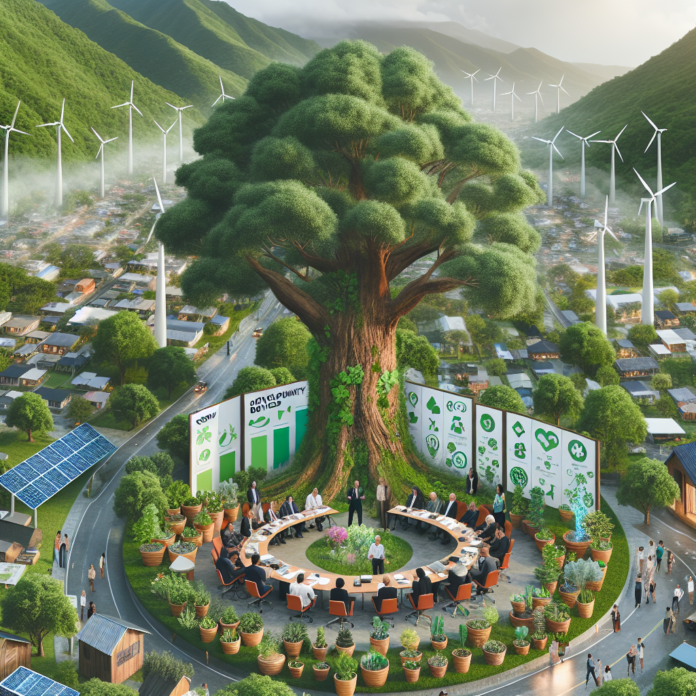As Growth Policy Rewrite Continues Whitefish Community Development Board Considers Environmental Initiatives
Whitefish Community Development Board Explores Environmental Initiatives Amid Growth Policy Revisions
As the Whitefish Community Development Board continues its comprehensive rewrite of the city’s growth policy, a significant focus has been placed on integrating environmental sustainability into the framework. This ongoing revision aims to address the challenges posed by rapid development while ensuring the preservation of the natural landscape that defines Whitefish.
In recent meetings, board members have engaged in discussions surrounding various environmental initiatives that could be incorporated into the new growth policy. These initiatives include enhancing green spaces, protecting local wildlife habitats, and implementing sustainable building practices. The board recognizes the critical need to balance economic growth with environmental stewardship, especially in a region renowned for its stunning natural beauty and outdoor recreational opportunities.
One of the key proposals under consideration is the establishment of a comprehensive tree canopy program. This initiative aims to increase the number of trees in urban areas, which not only beautifies the community but also improves air quality and provides shade, mitigating the urban heat island effect. Additionally, the board is exploring measures to promote the use of native plants in landscaping, which can help conserve water and provide habitat for local wildlife.
Another important aspect of the discussions has been the integration of renewable energy sources within the community. The board is evaluating options for encouraging the use of solar panels and other sustainable energy solutions in new developments. By facilitating the adoption of renewable energy, Whitefish can reduce its carbon footprint and lead by example in the fight against climate change.
Furthermore, the board has been considering the implications of its growth policy on local water resources. As part of the policy update, strategies for protecting water quality and conserving water resources will be developed. This includes the potential for stricter regulations on runoff and pollution from construction sites, as well as incentives for developments that incorporate water-efficient systems.
Community engagement has been a cornerstone of the policy rewriting process, with public forums and workshops designed to gather input from residents. The feedback received has underscored the community’s desire for a sustainable approach to growth that prioritizes environmental health alongside economic development.
As the Whitefish Community Development Board moves forward with the growth policy rewrite, the emphasis on environmental initiatives reflects a broader trend seen across many municipalities. Communities nationwide are recognizing the importance of sustainability in urban planning, driven by the increasing awareness of climate change and the need to protect natural resources for future generations.
In summary, the Whitefish Community Development Board is taking significant steps to integrate environmental initiatives into its growth policy rewrite. By prioritizing sustainability, the board aims to create a resilient community that honors its natural surroundings while accommodating growth and development. Through these efforts, Whitefish can set a precedent for responsible urban planning that serves as a model for other communities facing similar challenges.
